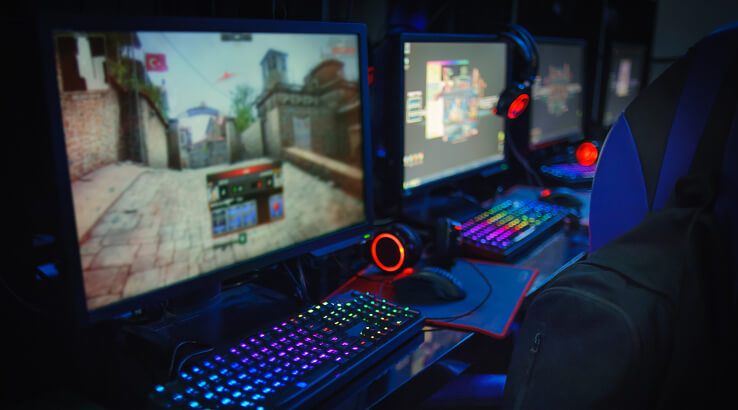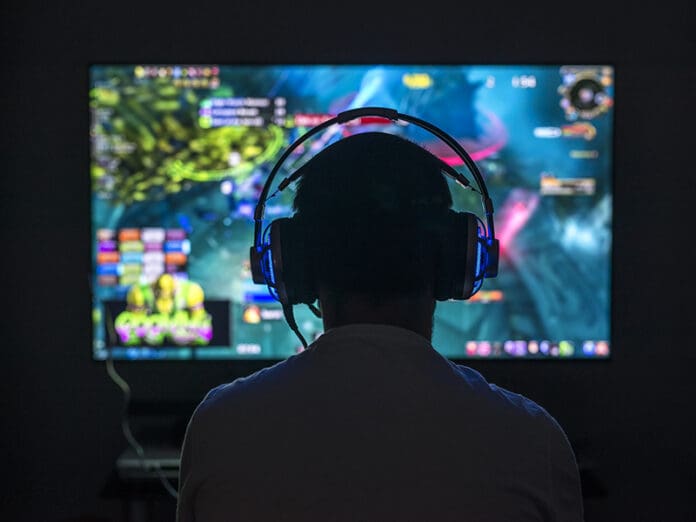The rise of the gaming industry also saw a rise in number of people coming into the gaming ecosystem. With the waves of new games coming out many players get hooked to gaming and sometimes these games can or may become a hindrance for them impacting their life and health.
The World Health Organization in the latest update to its International Classification of Diseases (ICD) added “gaming disorder” as modern disease. According to WHO, gaming disorder is defined as “a pattern of gaming behaviour (“digital-gaming” or “video-gaming”) characterized by impaired control over gaming, increasing priority given to gaming over other activities to the extent that gaming takes precedence over other interests and daily activities, and continuation or escalation of gaming despite the occurrence of negative consequences.”

Basically, WHO suggests that a person playing games for uncontrolled long sessions such that they prioritize gaming over other activities and can’t even stop themselves even if gaming starts impacting their physical and mental health negatively over time are affected by gaming disorder.
Although this definition by WHO doesn’t mean all the “Gaming Professional” engaged in gaming suffer from the gaming disorder rather it only refers to normal people who gain nothing from daily long sessions of gaming and prefer to game over other important activities.
Many might argue that gaming disorder is a joke and a useless stint by WHO to classify gaming as a disorder, but you can’t deny the fact that gaming is addictive to some and have caused real problems for them. Notably how some students will skip schools and studiesfor gaming; or how some might try to steal money for gaming; or how some reduce their sleep time so they can game some more. Gaming Addiction(aka gaming disorder) is real, but only affects a minority of the total gaming populace.
By recognizing gaming disorder as real modern disease WHO believes some countries will be encouraged to fund research on this topic and help with treatment for those already affected. Still the gaming disorder is unlikely to gain any traction amongst common people and in the medical field.
Meanwhile the gaming industry strongly disagree with WHO’s decision and in a joint statement the Global Video Game Industry (including representatives from across Europe, the United States, Canada, Australia, New Zealand, South Korea, South Africa, and Brazil) called on WHOMember States to rethink their decision to include “Gaming Disorder” in the International Classification of Diseases (ICD-11). Further they said:
The WHO is an esteemed organization and its guidance needs to be based on regular, inclusive, and transparent reviews backed by independent experts. ‘Gaming disorder’ is not based on sufficiently robust evidence to justify its inclusion in one of the WHO’s most important norm-setting tools.
It’s still too early to say how this will affect the gaming industry in the future as the definition is still vague and governments all over the world might only make their move after research results come in (if they bother to do any in the first place). So, you can still hop onto your favourite game without any tension and game as much as you want but in moderation obviously.
Original Source: https://www.firstpost.com/gaming/gaming-disorder-officially-recognised-as-a-disease-by-world-health-organisation-6705721.html





Comments are closed.